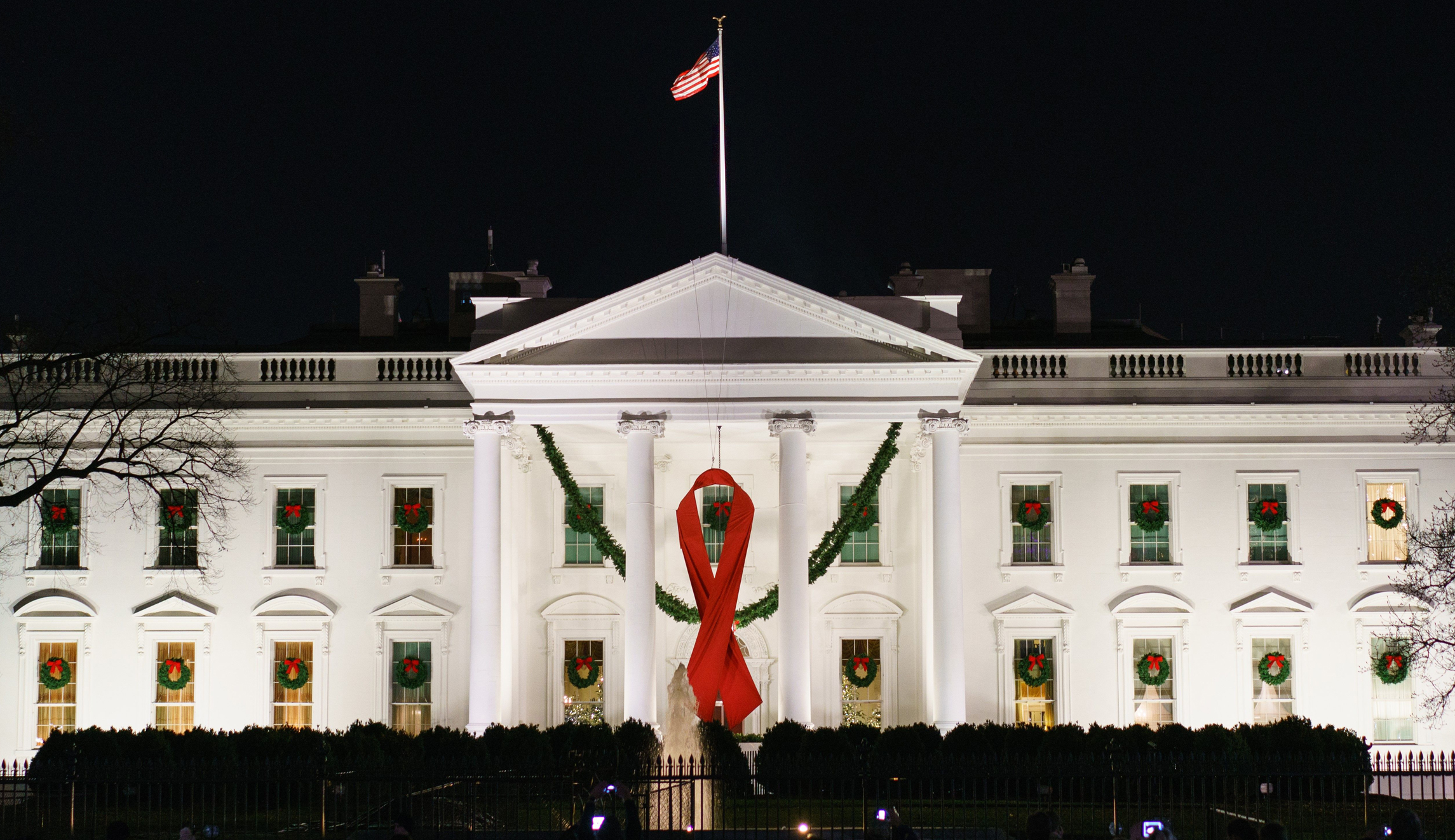Menstrual cycle tracking apps have been criticized for their lax
privacy
standards that could leave women who seek an
abortion
in a post-Roe v. Wade America vulnerable to legal scrutiny and retaliation.
Apps such as Flo, Period Tracker, and Glow capture more private data than many people know. They allow women to enter details about their menstrual flow and schedule, as well as their sexual activity and intentions to become pregnant. But that information is susceptible to being sold to third parties to improve advertising practices and earn the app developers money. That data are also susceptible to court-order subpoenas by law enforcement building a case against someone believed to have violated restrictions on abortion.
“It’s guaranteed to be safer if you don’t use [the apps],” said Elizabeth Gray, director of the undergraduate public health program at George Washington University’s Milken Institute School of Public Health. “Until there’s some kind of comprehensive federal privacy rule that would govern these or unless companies are very transparent about what they do with people’s data, I’m not sure it’s a great idea for women to continue using them.”
In Texas and Oklahoma, any citizen can sue another who is believed to have aided and abetted an abortion. With the likely overturning of Roe, many more states will ban the procedure outright, setting a target on the backs of healthcare providers and anyone who helps a pregnant woman obtain an abortion, including close relatives. The personal information entered into an app could be collected by law enforcement with a valid subpoena and used against those involved in procuring an abortion. The people who help women get abortions, which could include spouses, siblings, and other close relatives, could also be sued for thousands of dollars. The states said they would not criminally target a woman who obtained an abortion, but a lawsuit against any of her family members would take a toll on her nonetheless.
“The bigger concern is that the laws won’t stop where Texas and Oklahoma have stopped them,” Gray said. “You’ve got states like Louisiana that are taking it much further, and so I think the concern would be that that would be picked up by other places. So I think, you know, to suggest that these aren’t laws that are directly targeting the person who obtained an abortion just sort of misses the mark about who’s going to be helping them and what that’s going to do to them personally.”
Most apps that track women’s cycles store user data in the cloud rather than on the person’s phone, making it relatively simple for law enforcement officers who are compiling a case against someone to access that data. All they would need is a subpoena to do so. Even when users are anonymous, their data could still be shared with third parties such as Big Tech companies.
One of the most widely downloaded fertility tracking apps Flo was charged with deceiving its users by telling them that their private data were secure. But the company finalized a
settlement
with the Federal Trade Commission in June 2021 over charges that the company shared sensitive health data from millions of users on its app with third-party app analytics and marketing services, such as Facebook, despite promising to keep health data private.
The Health Insurance Portability and Accountability Act, which established privacy standards to protect sensitive health data from being shared without the patient’s consent, has little jurisdiction when it comes to apps, even healthcare-related ones. The 1996 law was narrowly tailored to apply only to healthcare providers, health insurance payers, and healthcare clearing houses.
“There’s just sort of no way that you could call a nonprofit or for-profit app that has nothing to do with a hospital or a health plan and pull it under HIPAA,” Gray said.
The threat to privacy that period tracking apps pose became all the more urgent last month when a draft decision from the Supreme Court leaked and indicated the conservative majority on the bench is poised to overturn Roe.
“If you are using an online period tracker or tracking your cycles through your phone, get off it and delete your data. Now,” Elizabeth H.C. McLaughlin, an activist and the founder of Atelier and the Gaia Leadership Project,
tweeted
last month.
The Supreme Court is expected to issue a ruling on the most consequential case over abortion in decades. The case in question,
Dobbs v. Jackson Women’s Health Organization
, considers the constitutionality of a 15-week abortion ban in Mississippi, which runs counter to the precedent set in Roe that abortions can be performed up to about 24 weeks and in Planned Parenthood v. Casey with an “undue burden” standard. A ruling in favor of the Mississippi law would unravel Roe, sending the decision-making power over abortion policies back to the states. At least a dozen states have trigger laws in place that would ban abortion outright as soon as the high court overturns Roe.








